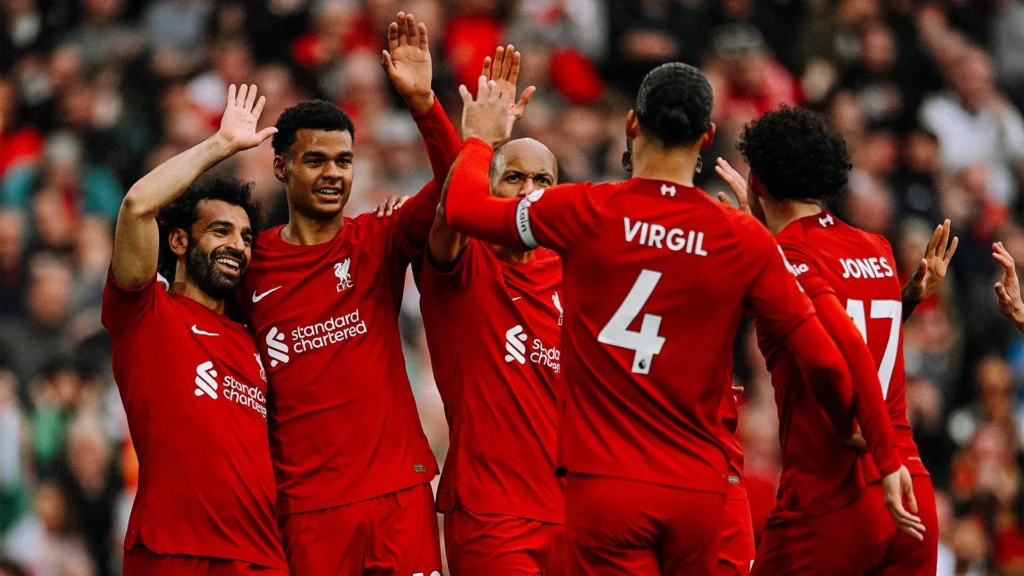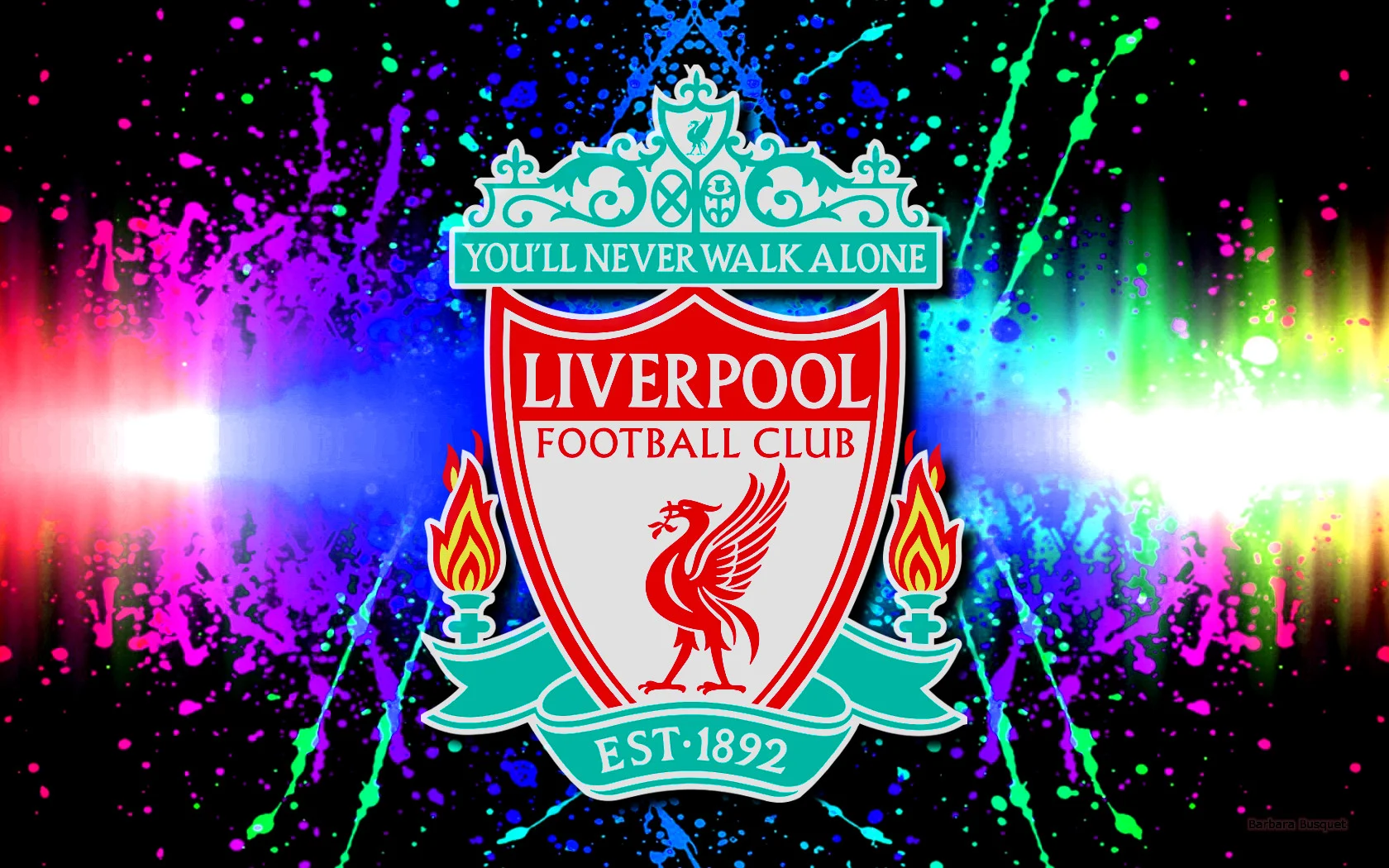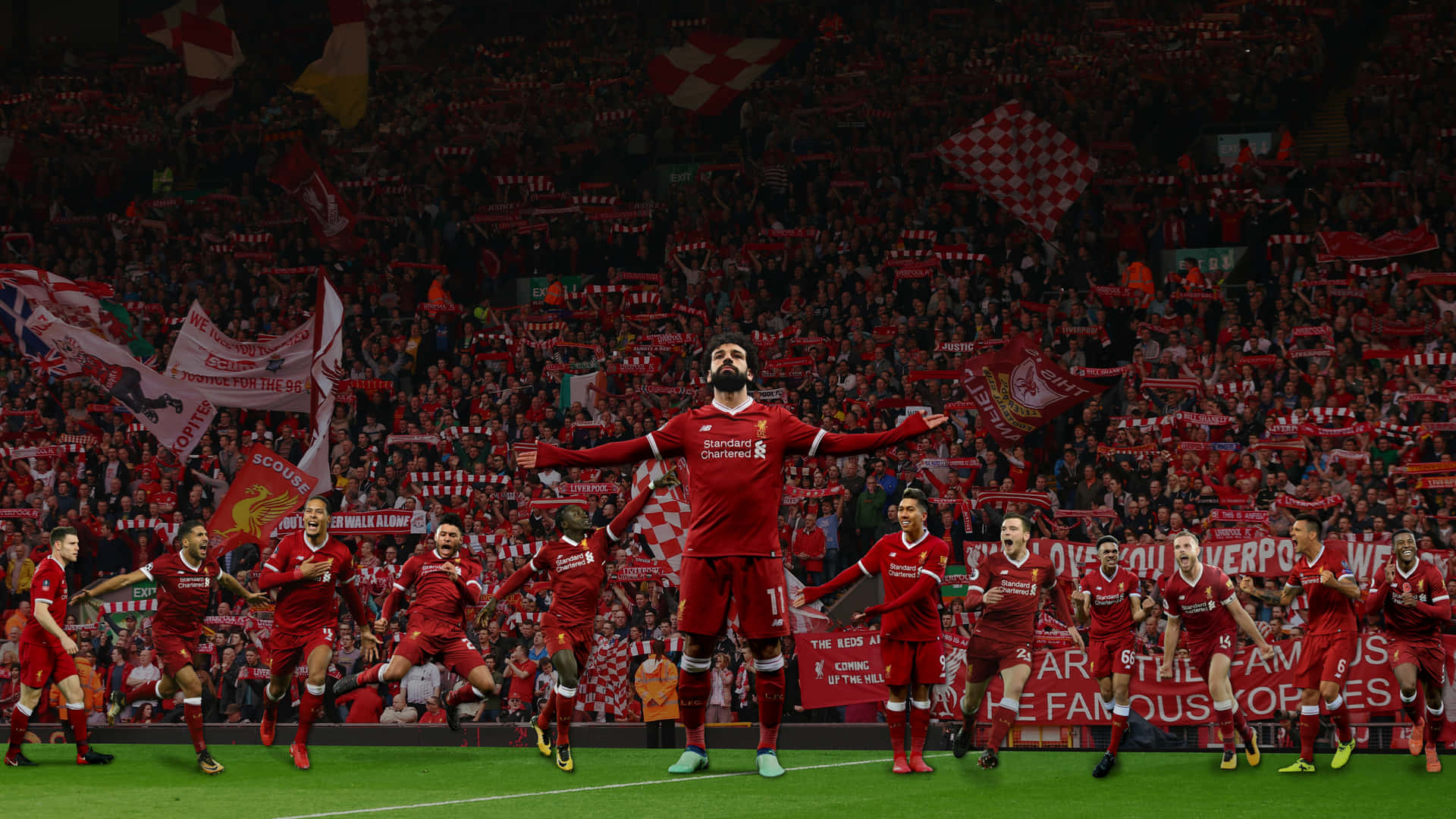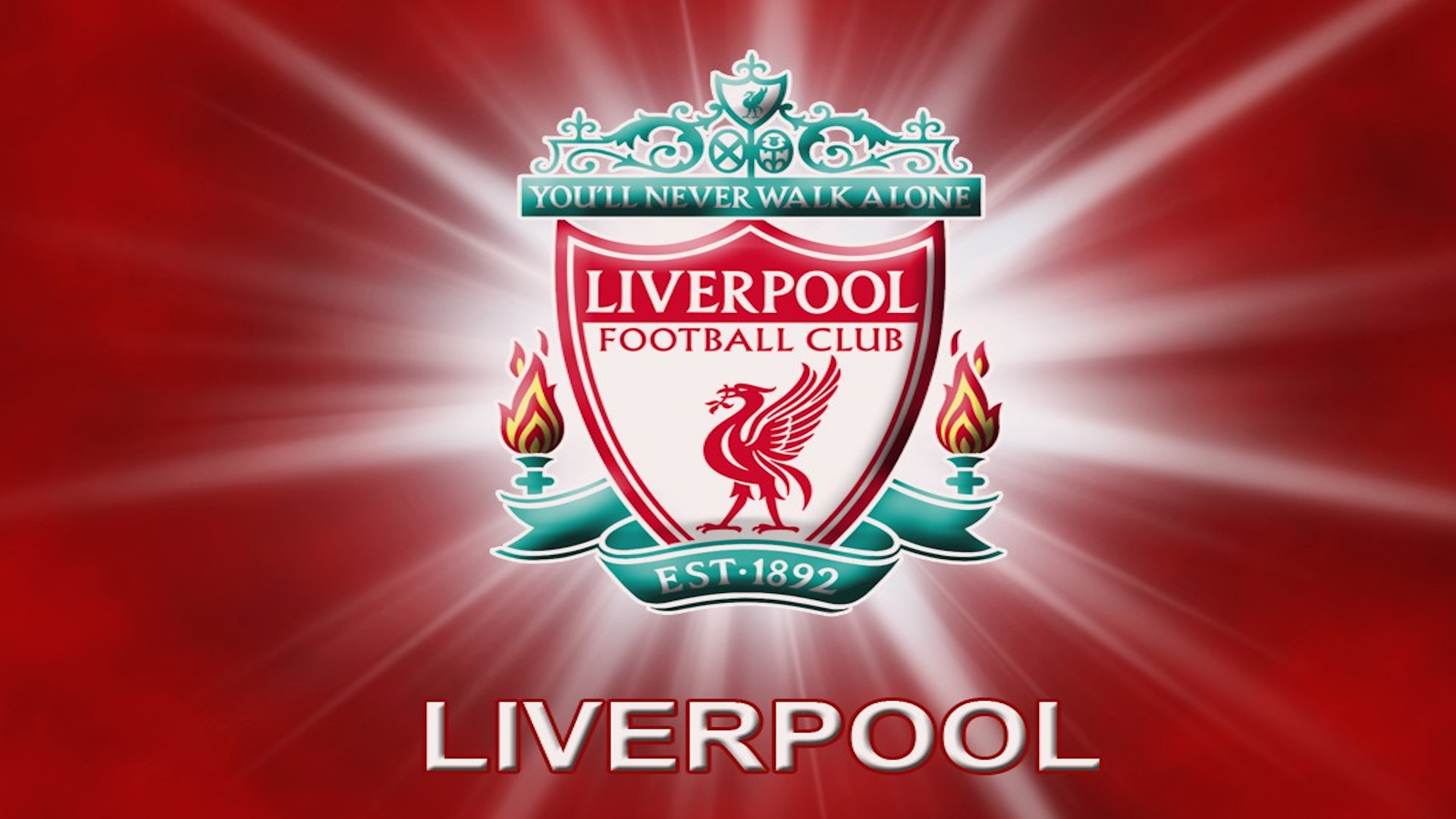
Liverpool’s dramatic exit from the UEFA Champions League at the hands of Paris Saint-Germain has sparked discussions about whether the competition’s new format has inadvertently exposed a major flaw. As European football undergoes significant structural changes, questions are being raised about whether the revamped system is truly designed to foster fair competition—or if it ultimately favors a select few.

A Night of High Drama: Liverpool’s European Dream Ends
Anfield has witnessed its fair share of magical European nights, but this season, Liverpool’s run in the Champions League came to a heartbreaking halt. Their clash against PSG was a spectacle of elite football, featuring high intensity, tactical brilliance, and moments of sheer individual brilliance from both sides. However, Liverpool’s departure from the tournament has fueled conversations beyond just the game itself.
With UEFA revamping the Champions League format, critics argue that the changes may have inadvertently stacked the odds against clubs that thrive on traditional knockout-style upsets. Does Liverpool’s exit highlight an underlying issue within the new structure?
The Champions League Revamp: What Changed?
Starting with the 2024-25 season, UEFA is introducing a new Swiss-style league format, replacing the traditional group stage. This means:
- The number of teams in the competition increases from 32 to 36.
- Instead of eight groups of four teams, all clubs will play in a single league table.
- Teams will face eight different opponents, determined by seeding, rather than the familiar home-and-away group stage fixtures.
- The top eight teams will automatically qualify for the Round of 16, while the teams ranked 9th to 24th will battle in a play-off for the remaining spots.
While this new system is designed to add more high-stakes games and increase revenue, critics argue that it could come at the cost of fairness and unpredictability.

Does the New Format Favor the Powerhouses?
One of the biggest concerns surrounding UEFA’s changes is that they appear to benefit already established superclubs. With more games against top-tier opponents in the league phase, squads with superior depth and financial backing—like PSG, Real Madrid, and Manchester City—could gain a significant advantage over clubs with smaller resources.
Liverpool, despite being a European powerhouse, may have fallen victim to this new reality. Their high-intensity playing style, which thrives in traditional group-stage and knockout settings, may not translate as well in a prolonged league phase that rewards consistency over the course of multiple matches.
A Warning Sign for Future Underdogs?
The beauty of the Champions League has always been its unpredictability—its ability to produce underdog stories like Porto’s 2004 triumph, Leicester’s deep runs, or Villarreal’s stunning semi-final charge in 2022. However, with the new format emphasizing more guaranteed games for the top clubs, some fear that Cinderella stories will become less frequent.
If Liverpool—one of Europe’s most historically successful clubs—is already struggling under these structural shifts, what does this mean for clubs outside the traditional elite?

Liverpool’s exit to PSG could be more than just a single disappointing result. It might serve as an early warning of how the revamped Champions League will shape the future of European football. If the competition leans too heavily toward the interests of the wealthiest clubs, the magic that has made the tournament the pinnacle of club football could be at risk.
As the new format officially rolls out next season, all eyes will be on whether it enhances the spectacle—or if it tilts the balance of power even further in favor of the already dominant forces in the game.
